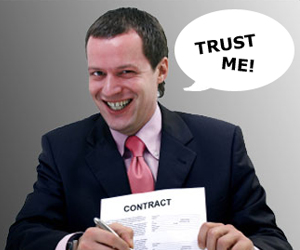One of the biggest concerns for timeshare owners is the potential for their ownership to devalue over time. While many timeshare companies market their products as a “lifetime investment,” the reality is that timeshares often lose their value quickly, leaving owners with a financial burden that can be difficult to escape.
In this article, we will explore some of the reasons why timeshares devalue over time and provide some tips on how to minimize the financial impact of this devaluation.
- Lack of Resale Value
One of the main reasons why timeshares devalue over time is the lack of resale value. Unlike traditional real estate, timeshares do not appreciate in value, and they often lose their value quickly after they are purchased.
This is because timeshares are typically sold at a premium, and the cost of ownership can quickly add up with annual maintenance fees, property taxes, and other expenses. Additionally, the market for resale timeshares is often saturated, making it difficult for owners to find buyers willing to pay a fair price.
- High Maintenance Fees
Another factor that contributes to the devaluation of timeshares is the high cost of maintenance fees. These fees are typically assessed annually and cover the cost of upkeep for the resort property, including landscaping, building maintenance, and other services.
Over time, these fees can add up, making the cost of ownership increasingly burdensome for timeshare owners. In some cases, maintenance fees can even exceed the value of the timeshare itself, making it difficult for owners to justify the expense.
- Limited Flexibility
Another reason why timeshares devalue over time is the limited flexibility they offer. Timeshare owners are typically locked into a fixed week or season, making it difficult to adjust their vacation plans to meet changing needs.
Additionally, timeshare companies often have strict rules and regulations regarding the use of their properties, including restrictions on renting or exchanging ownership. This limited flexibility can make it difficult for owners to use their timeshare as they originally intended, leading to frustration and dissatisfaction with their investment.
- Changing Consumer Preferences
Finally, timeshares can devalue over time due to changing consumer preferences. As the travel industry evolves, consumers are increasingly looking for alternative vacation options, such as vacation rentals or all-inclusive resorts.
This shift in consumer preferences can make it difficult for timeshare owners to find renters or buyers willing to pay a fair price for their ownership. Additionally, as more vacation options become available, the value of timeshares may continue to decline, leaving owners with a diminishing asset.




